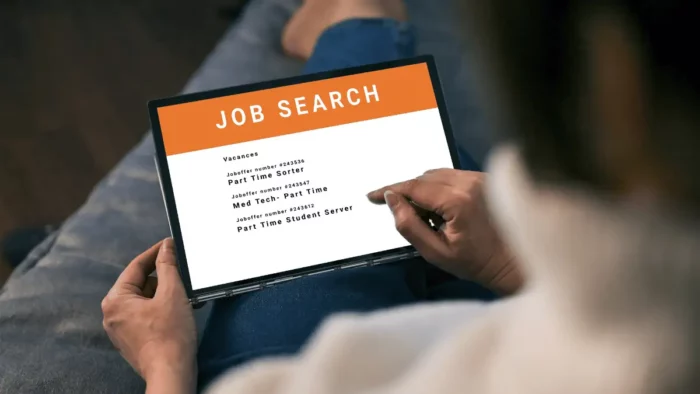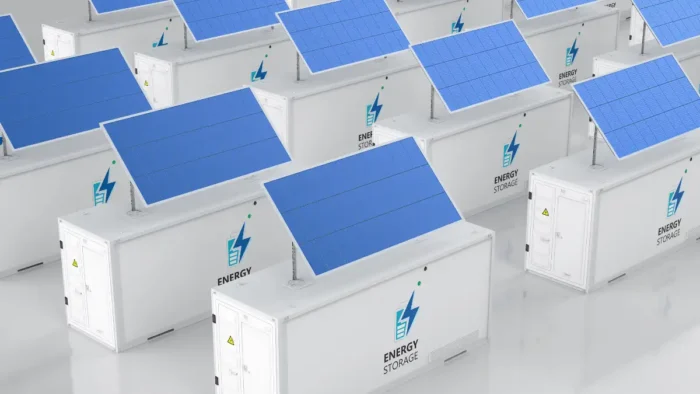The hospitality industry has taken a battering in the past couple of years thanks to the covid Pandemic yet it remains a market with many, many opportunities for the entrepreneur, budding and experienced alike.
The hospitality industry includes travel and tourism, food and beverages, lodging, and recreation. Of these, probably the one that attracts most entrepreneurs is food and beverages. Many people dream of owning a bar or opening a café, fast food joint, or restaurant.
For the food and beverage industry, any business owner will need to consider if they are going to include alcohol in their customer offering. To operate any kind of business involving alcohol, you must have the relevant liquor license.
What is a Liquor License?
A liquor license is a government-issued permission to sell alcohol. Although bound by federal law, each state issues its own licenses via the state Alcohol Beverage Control Board (ABC). There is a set of standard licenses but each state may have its own variants for the sale of alcohol and criteria for application and issue of licenses. So, if you are looking for an Arizona liquor license, you will apply for the relevant license from the Arizona ABC.
Types of Liquor Licenses
The type of license you need for your business will depend on how you want to provide alcohol on your premises and there are two main types – off-license and on-license.
✋ Warning
🍾 Dream of owning a liquor store? Follow our ultimate checklist to start your liquor store business like a pro! 🥂
Off-license:
If you want to run a liquor shop or other store where the customer takes the liquor away to drink, i.e. off the premises, you need an off-license.
On-license:
If you are going to provide customers with alcohol to consume on your business premises such as a restaurant or bar, you need an on-license.
Then there are subsets of these main types of liquor licenses.
Beer & Wine License:
If you are not going to be selling hard liquor, you can apply for a license that limits you to the sale of beer and wine only.
Tavern License:
This is the license you need if the majority of your profit is going to be from alcohol sales, even if you are also serving food.
✋ Warning
Want to take your hospitality business to new heights? 🚀 Find out how tech innovations can boost guest satisfaction! 🛎️📱
Restaurant License:
If your main business is the provision of food but you also sell drinks, the restaurant license is applicable but there is a limit on the amount of earnings from alcohol sales. Each state sets its own limit but it is generally 40 percent of total takings.
States may have different licenses for different circumstances so it is best to check with your local ABC before making an application.
It is also important to know that whenever you intend to involve alcohol in any kind of business even if it is not your prime business activity, you need to make sure you don’t fall foul of the law.
For example, you may run a barbershop or hair salon and wish to offer customers a glass of drink during their appointment. In California, there is a license that covers this, limiting it to beer and wine only.
If you are a stallholder at farmers’ markets, you still need to have a liquor license – in this case, an off-license. Generally, this also allows you to give out samples. Not all states currently allow sales of liquor at farmers’ markets and very few allow actual drinking.
For any hospitality event such as a festival or community party, a license is also required- the requirements vary by state.
The Takeaway
Alcohol is an essential feature of the hospitality industry but it is vital for the success of your business that you have the appropriate liquor license.





